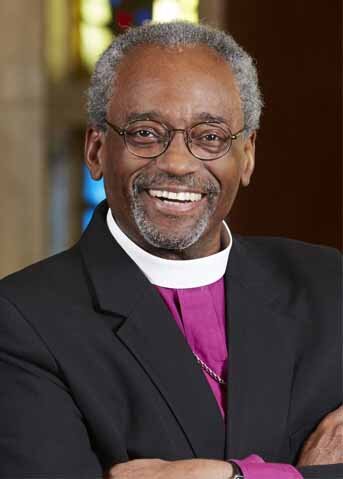Why and when did Christians start constructing special buildings for worship?
/Back in the first century, Christians, or followers of ‘the Way’, met primarily in private homes, such as the house of Mary, mother of Mark (Acts 12:12). As Christians began to organize, they depended on supporters for financing, and for those with larger homes to open them up as places for worship and fellowship.
As numbers continued to grow, larger public spaces served as gathering places, such as the outer court of the temple (Acts 2:46). Yet even with all these various sites, Christians had the sense of being one church.
Not until the end of the third century do we have archaeological evidence of halls being built specifically for church meetings. The great era of church buildings began with Constantine's patronage of the church in the fourth century. He commissioned basilicas to signal his support of the new religion, plus, of course, to advertise his reign.
As the church continued to grow and blossom, it needed to accommodate joint assemblies and multiple reasons for gathering. Special functions, such as daily Bible teaching, baptisms, and the distribution of gifts to the poor, required readily available facilities. Special buildings also gave the church a visible sign of permanence.
[Based on an article in Christianity Today by Everett Ferguson, professor of church history emeritus at Abilene Christian University]












